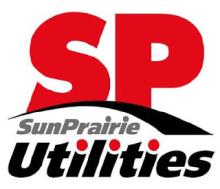Unpacking Policies In West Virginia's HB 3093
West Virginia rural communities struggle with access to broadband but a bill in the state legislature is taking some first steps to encourage better connectivity. HB 3093 passed the House with wide support (97 - 2) and has been sent on to the Senate for review. The bill doesn’t appropriate any funding for Internet infrastructure projects around the state, but adopts some policies that may help local communities obtain better connectivity.
Revenue Neutral And Popular
The state is facing a $500 million budget deficit and lawmakers don't have the appetite to appropriate finds for Internet infrastructure projects. As in most states, policy bills do well during times of financial strife. Elected officials still want to do what they can to encourage better broadband so, according to at least one lawmaker, the revenue neutral nature of the bill has contributed to its success in the legislature. Delegate Roger Henshaw, one of the bill's co-sponsors, told Metro News:
“Notice this is a revenue-neutral bill,” Hanshaw said. “That’s in fact one of the reasons we’re rolling it out now. We have other bills here in both the House and Senate that are not revenue-neutral bills that were on the table for consideration.
“But with the clock ticking on us, it became clear that we probably ought to be looking at options to advance service that didn’t even have the possibility of a financial impact. This bill does not.”
Check out the 3-minute interview with Hanshaw on Soundcloud.
The Broadband Enhancement Council
West Virginia’s Broadband Enhancement Council was created in a previous session and receives more authority and responsibility under HB 3093. They are tasked with the authority to, among other things, gather comparative data between actual and advertised speeds around the state, to advise and provide consultation services to project sponsors, and make the public know about facilities that offer community broadband access.



